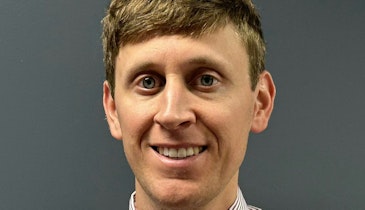
Wastewater operators’ education initiatives usually reach out — to students and adults in their communities.
Two Virginia towns recently took a different approach, reaching up with a one-day class for the elected and appointed officials who make the key decisions and hold the purse...






